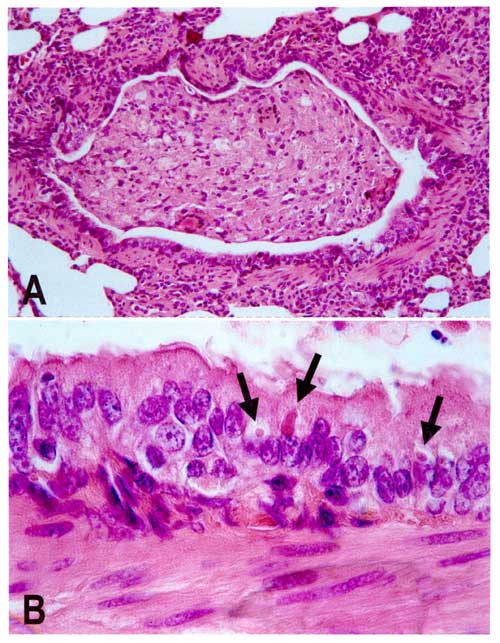New Research Utilizes EEG and fMRI to Study Canine Epilepsy

In a significant advancement for veterinary neurology, new research funded by the American Kennel Club (AKC) Canine Health Foundation aims to explore the use of electroencephalography (EEG) and functional magnetic resonance imaging (fMRI) in studying epilepsy in dogs. Approximately 2% of dogs will experience a seizure in their lifetime, making epilepsy the most prevalent neurological disorder in this species (VCA Animal Hospitals, 2025).
The research initiative includes two pivotal studies designed to evaluate seizure mechanisms and treatment efficacy in canines suffering from epilepsy. The first study, titled "Assessment of Frequency of Seizures and Antiseizure Drug (ASD) Efficacy by Electroencephalography (EEG) for Dogs with Epilepsy," is led by Dr. Fiona James, DVM, MS, at the University of Guelph in Ontario, Canada. This study has been granted $83,318 to monitor brain activity through EEG in dogs diagnosed with epilepsy. Researchers will compare the frequency and types of seizures detected via EEG against those reported by the dogs' caregivers, thereby assessing the impact of antiseizure medications on seizure frequency and types (American Kennel Club Canine Health Foundation, 2025).
The second study, being conducted at North Carolina State University by Dr. Karen R. Muñana, DVM, MS, focuses on understanding the underlying causes of epilepsy through fMRI. This non-invasive imaging technique measures blood flow changes in the brain associated with neuronal activity. With a grant of $75,840, the study will involve 10 epileptic dogs who are not on antiseizure medications and a control group of 10 healthy dogs. The goal is to analyze resting state networks—specific brain regions that synchronize their activity during rest—which have shown alterations in humans with epilepsy (American Kennel Club Canine Health Foundation, 2025).
The significance of these studies extends beyond canine health. Insights gained from canine epilepsy research could have implications for understanding seizure disorders in humans. Recent studies suggest that advancements in veterinary neurology can inform treatments and diagnostic approaches for human epilepsy (American Kennel Club Canine Health Foundation, 2025).
Epileptic seizures in dogs can manifest in various forms, predominantly as generalized seizures characterized by symptoms such as stiffening of the body, uncontrollable chewing, and loss of consciousness (VCA Animal Hospitals, 2025). These episodes can last from a few seconds to several minutes, often leading to postictal signs like confusion and lethargy.
The ongoing studies represent a collaborative effort to enhance the understanding of epilepsy in dogs, which remains a complex and multifaceted condition. According to Dr. James, this research could pave the way for developing more effective treatments for epilepsy in both dogs and humans. The AKC Canine Health Foundation continues to be a vital supporter of such groundbreaking research, reaffirming its commitment to advancing canine health through scientific inquiry.
For more information on these studies or to contribute, interested parties can visit the AKC Canine Health Foundation's website.
Advertisement
Tags
Advertisement





